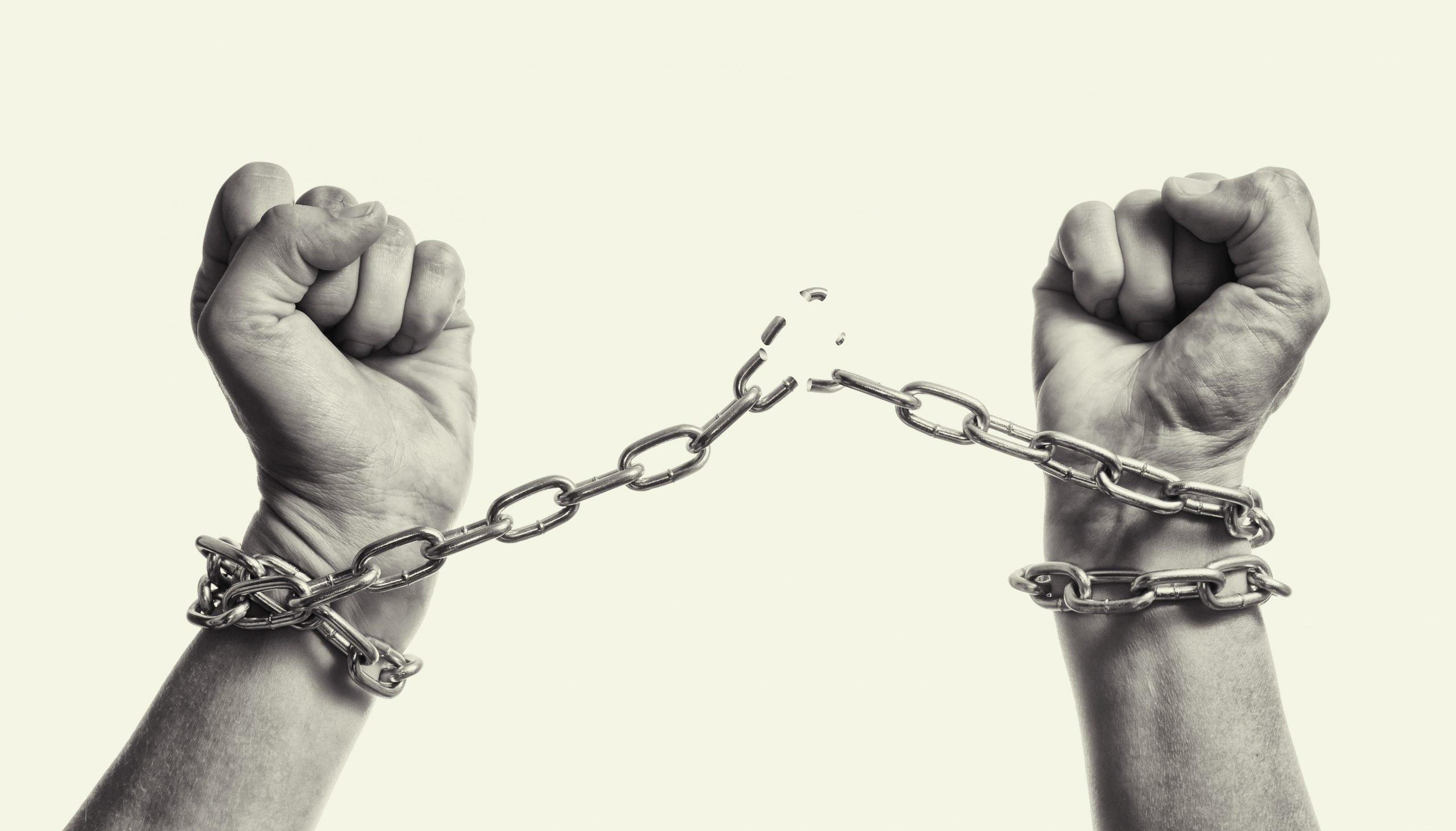Introduction: Beyond Punishment to Transformation
Prison is often viewed as a place of punishment, where wrongdoers “pay for their crimes.” But Islam teaches us to see beyond punishment. A human being is more than their mistakes, and every soul has the capacity to change when given the proper guidance. This is why faith-based prison programs, particularly those rooted in Islam, have the power to inspire true and lasting transformation.
Instead of focusing only on discipline and restriction, Islamic prison programs focus on rebuilding the inner self, nurturing faith, character, and responsibility. For many, prison becomes the first place where they truly meet themselves, reflect on their past, and turn toward Allah.
The Qur’an reminds us:
“Indeed, Allah will not change the condition of a people until they change what is in themselves.” (Qur’an 13:11)
This verse is the foundation of rehabilitation in Islam. Real change begins inside the heart, and Islamic programs in prison create the environment where that change can take root.
Why Faith-Based Programs Are So Effective
Faith-based programs succeed where many traditional rehabilitation efforts fail. Here’s why:
1. They Address the Soul, Not Just Behavior
Punishment may control actions temporarily, but it doesn’t heal the root causes of crime, anger, despair, addiction, or hopelessness. Islam teaches self-discipline through prayer, fasting, and remembrance of Allah, transforming behavior from the inside out.
2. They Build Accountability to Allah
A believer learns that they are never alone. Even if no one sees them, Allah is always aware. This spiritual accountability helps prevent relapse into harmful actions after release.
3. They Provide Purpose and Identity
Many prisoners struggle with a broken sense of self. Faith programs remind them that they are servants of Allah, created with dignity and capable of change.
4. They Create Hope for Redemption
Islam’s message is clear: sincere repentance opens the door to forgiveness, no matter the sin. This hope empowers inmates to rebuild their lives.
The Prophet ﷺ said:
“Every son of Adam commits sin, and the best of those who commit sin are those who repent.” (Tirmidhi)
This hadith gives prisoners the courage to seek a fresh start.
The Pillars of Islamic Prison Programs
Faith-based programs work because they ground rehabilitation in timeless Islamic principles:
1. Prayer (Salah)
Daily prayer instills discipline, structure, and connection to Allah. It teaches patience and creates moments of calm in an otherwise harsh environment.
2. Qur’an Study
Reading and reflecting on the Qur’an allows inmates to find meaning in their suffering and guidance for their future. Each verse offers lessons of mercy, accountability, and hope.
3. Brotherhood and Community
Islam emphasizes ummah, community. Group study circles, Friday prayers, and mutual support build a sense of belonging that many prisoners lacked.
4. Charity and Service
Even in prison, acts of kindness, sharing food, and helping others build empathy and remind inmates of their responsibility to society.
5. Repentance and Renewal
Programs emphasize that sincere repentance erases past sins, offering inmates a genuine chance at renewal.
How Islam Transforms Lives in Prison
For many, entering prison is a moment of crisis—but crisis often leads to awakening. Abdul-Jihad Islam reflects that his time behind bars was not the end, but the beginning of his faith journey.
• Discipline Through Worship: Salah taught him time management, self-control, and peace.
• Healing Through Qur’an: His studied verses gave him clarity and hope.
• Brotherhood in Faith: Fellow Muslims in prison became like family, guiding and supporting one another.
• True Accountability: Learning that Allah sees every action reshaped his choices inside prison and beyond.
What began as punishment became a transformation. Faith gave him tools to survive prison and walk out with strength, purpose, and a new life ahead.
Why Islamic Programs Lead to Lasting Change
Many secular programs aim to reduce crime through education or discipline. While helpful, they often miss the spiritual dimension. Islam addresses the root causes of wrongdoing by reshaping the heart.
1. From Anger to Patience: Prayer and fasting train the believer to control emotions.
2. From Hopelessness to Hope: Qur’anic promises of Allah’s mercy inspire resilience.
3. From Isolation to Belonging: The sense of brotherhood prevents despair.
4. From Guilt to Renewal: Repentance removes the weight of past sins, allowing a fresh start.
Research even shows that prisoners who participate in faith-based programs are less likely to return to crime. But beyond statistics, the true success is in the human stories—men and women who find faith in prison and never look back.
Modern Reflection: Rehabilitation vs. Punishment
Today, societies worldwide debate the purpose of prison. Should it punish or rehabilitate? Islam offers a balanced approach. Wrongdoing must be addressed, but the ultimate goal is to guide the individual back to goodness. Punishment without guidance leads to hardened hearts. But real change happens when prison becomes a place of learning, prayer, and reflection.
Islamic prison programs show that even in the darkest places, faith can plant seeds of light. A person once seen as “lost” can become a role model of strength, patience, and repentance.
Reflection for the Reader
Ask yourself:
• Do I see people only by their mistakes, or do I believe in their ability to change?
• How does accountability to Allah shape my choices when no one else is watching?
• Am I using prayer, Qur’an, and community to transform my own life?
• Do I help others find hope, or do I judge them by their past?
A Journey Shared in My Book
In Practicing Islam in Prison and Society, I share how prison was not the end of my life, but the beginning of a new one. Through salah, Qur’an, and the support of fellow Muslims, I discovered a strength I never knew I had. Islamic prison programs gave me discipline, hope, and purpose. They taught me that redemption is always possible and faith can rebuild what was once broken.
Faith-based programs are more than a prison initiative; they are lifelines that inspire lasting change. They remind us that no one is beyond Allah’s mercy, and that transformation begins when we return to Him.

